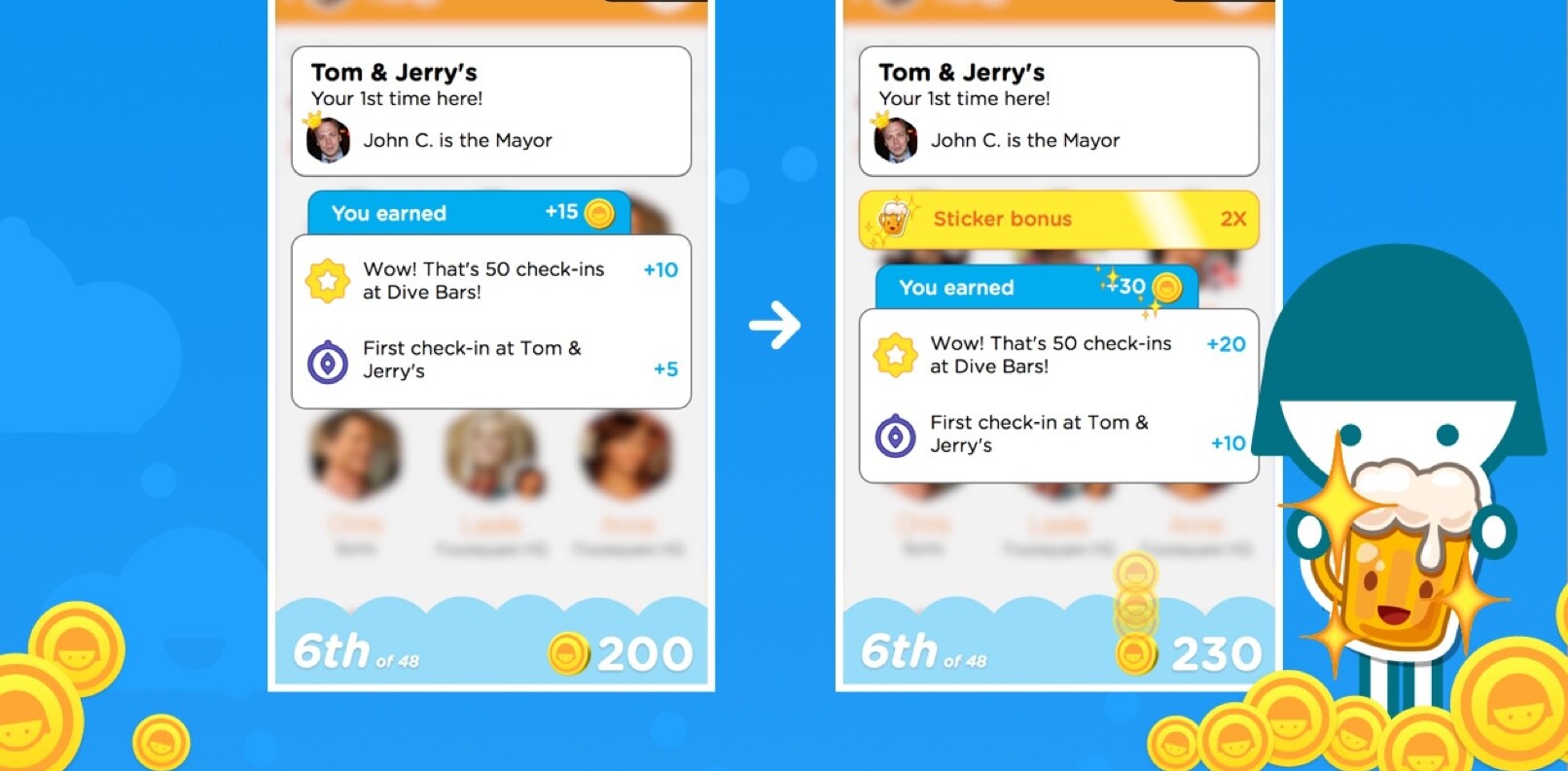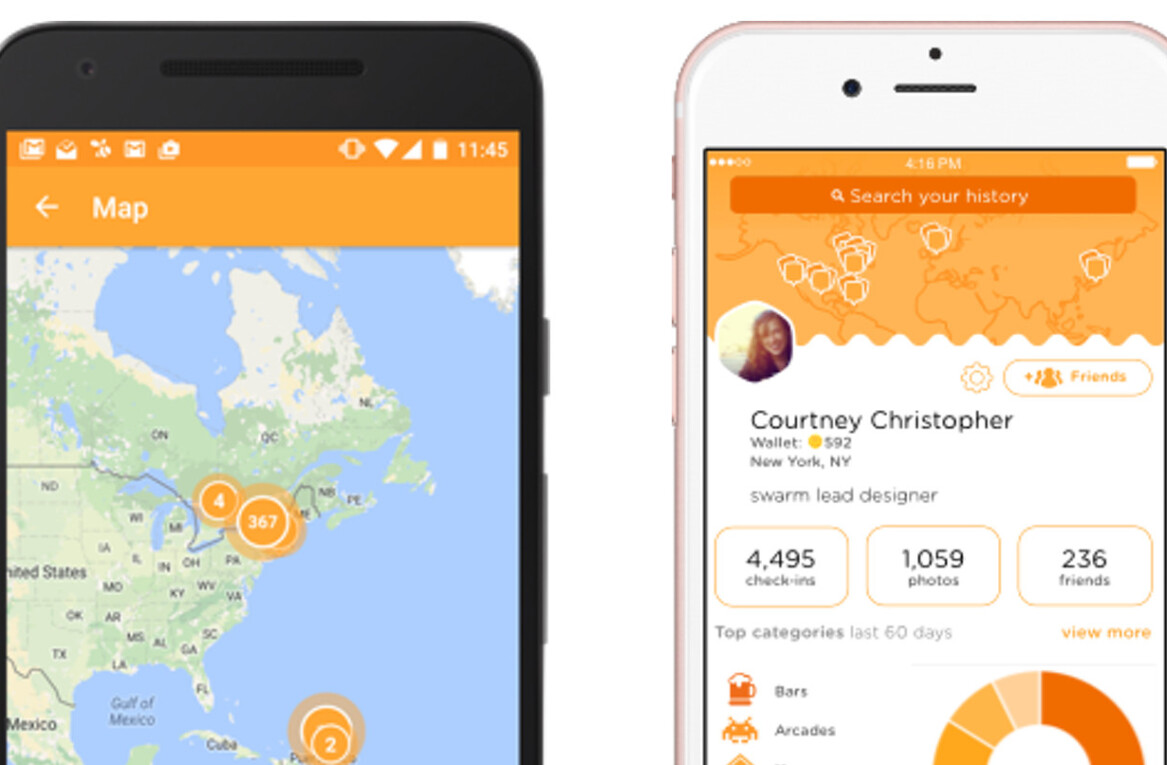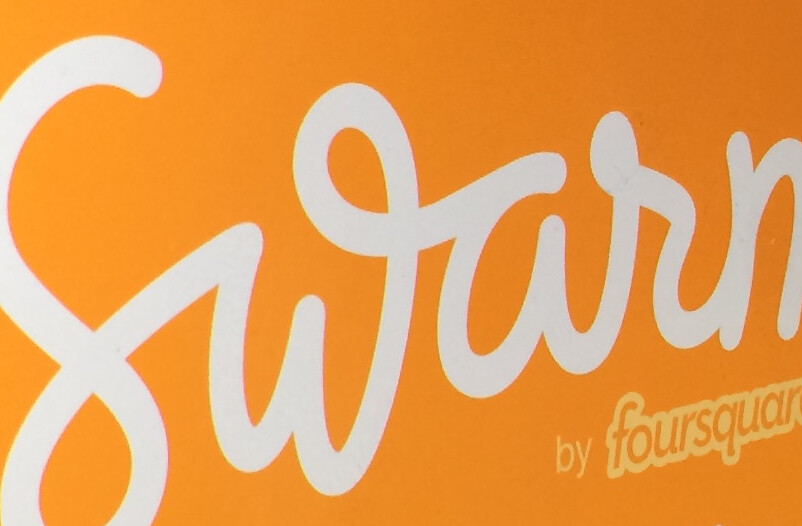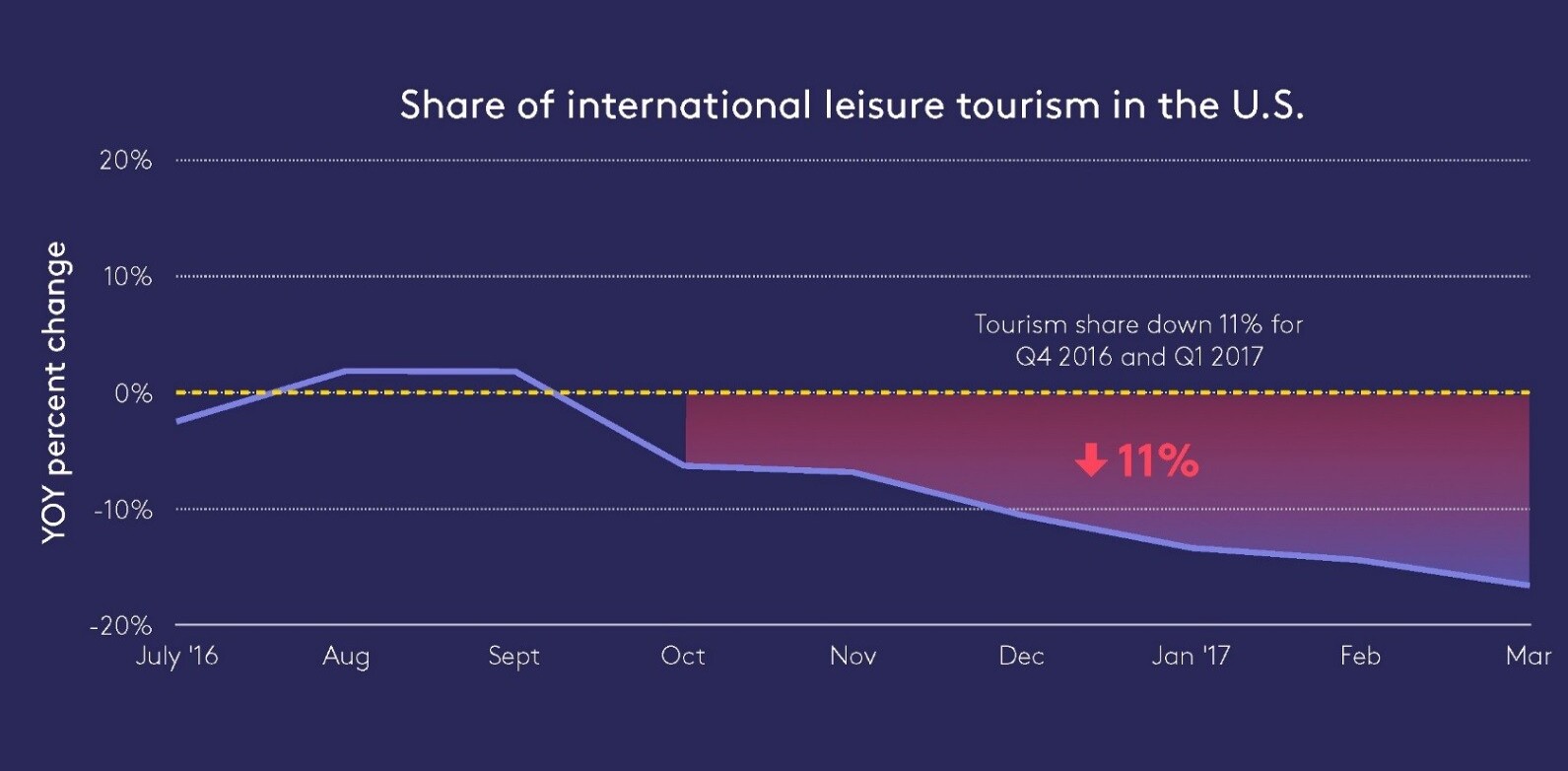
Foursquare continues its march towards turning its enormous pile of check-in and location data into a slick recommendation service today with the announcement of sharable media-rich venue pages.
The new pages will allow you to share a link to a venue out to friends who don’t have Foursquare, delivering a map, images, specials, tips, basic location info and more. This new page will allow people who don’t use the service to take advantage of all of the info that you would normally get as a user.

This continues Foursquare’s current trend, which is all about providing recommendations to users without forcing them to sign in or check in.
Founder Dennis Crowley has said that a key moment in the app’s history was when it figured out that Foursqare was being used to “look for where their friends are, to find things, and as a recommendation service,” adding, “It’s almost like it doesn’t occur to them to check in.”
Allowing users to see the Explore section of the service, which provides local suggestions, even without logging in was the beginning of a shift away from a gamified check-in engine and towards a Yelp competitor. Recently, Foursquare also added 1 of 10 ratings based on a bunch of different data points including tips, likes, dislikes, popularity, loyalty, local expertise, and the almost 3 billion check-ins that it has collected from over 25 million users.
Unlike ratings from Yelp, these are dynamically generated by Foursquare, rather than arbitrarily assigned by users, which tend to fall prey to the ‘high or low’ rule when it comes to ratings. Basically people rate things one star or 5 stars, averaging everything out at 2.5 (on a scale of 5).
The magic bit of this transformation, however, is the way that Foursquare managed to package this data gathering system in an attractive ‘check-in’ game. Then, when it figured out how to leverage that data, it was able to create a product that worked for users and non-users alike. Clever, win-win scenario and a surprise threat to other local heroes like Yelp, Google Places and Facebook’s Nearby.
Image credit: AFP / Getty Images
Get the TNW newsletter
Get the most important tech news in your inbox each week.





